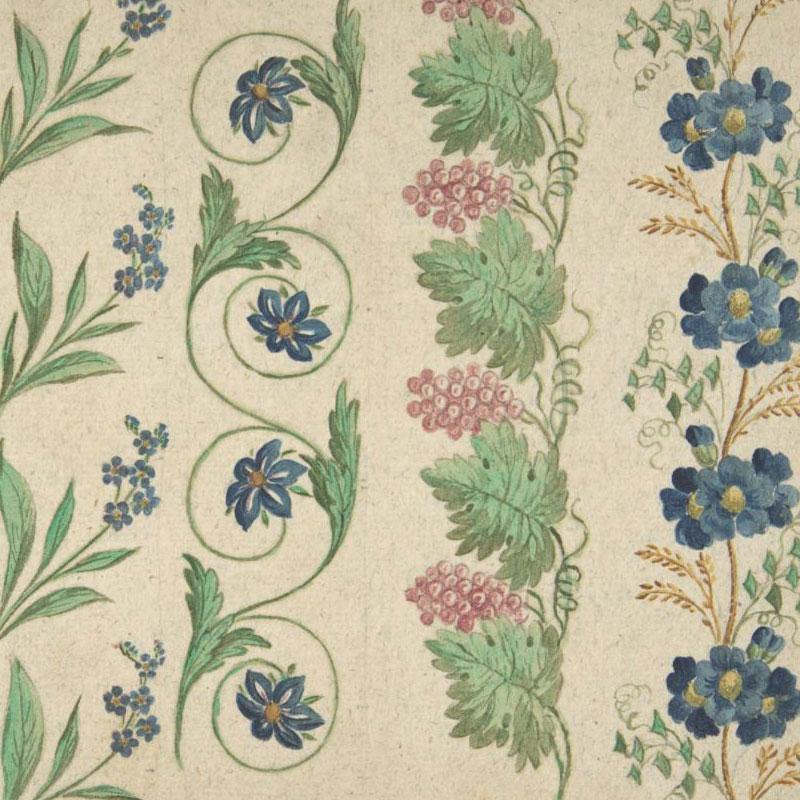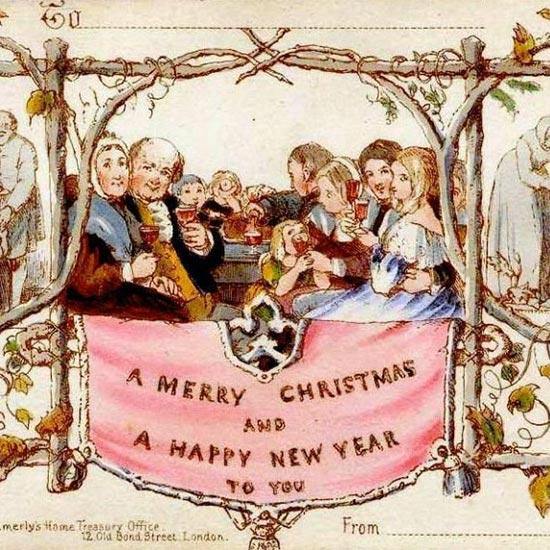Card Games In Georgian Britain

Cards are mentioned on several occasions in Jane Austen's novels, and in a whole variety of ways. This got us thinking about the types of card games that were played in her lifetime, and the Georgian period more generally.
Prior to the Georgian period, people often had to make their card deck themselves. In 1665, Francis Willughby in his Volume of Plaies explained the rules of backgammon, and gave instructions for playing general card games. Willughby began his instructions with the very manufacture of the cards themselves, writing how one must take "three or four pieces of white paper pasted together and made very smooth that they may easily slip from one another, and be dealt and played”.
By the eighteenth century, people no longer had to make their own cards. Towards the end of the sixteenth century, Britain had begun manufacturing her own playing cards, modelled on those that had been imported from Rouen, France. Over time, the design was subtly changed and in around 1860 the first double headed cards were manufactured in England, and eventually spread to the rest of the world in the late nineteenth century,
According to Felicity Day, "Britain was a nation addicted to gaming" by the time George II came to the throne in 1727. A game called 'hazard' had become particularly popular and involved placing wagers on the throw of dice. As its name would suggest, it was hazardous for those who bet money on the results of the dice, as making or losing a fortune was all subject to chance. Several laws were put in place to try and stop the game of hazard being played, although to what extent it was actually effective is hard to say. Although hazard was not a card game, we want to discuss it here because it lead to the development of the game 'faro' which involved betting on the dealing of cards, rather than dice. This was a particular favourite with the ladies, alongside 'whist' and 'speculation'.
Commerce was a card game that became popular particularly in the Regency period and had many aspects that we would identify today as elements of modern poker. Commerce involved scoring by using pairs, triples, straights, and flushes, and trading cards until someone refuses and the best hand wins.
Whist was another card game that became popular in Jane's lifetime and is mentioned by Lady Bertram in Mansfield Park, who asks her husband Sir Thomas for advice on which card game she might enjoy most, whilst or speculation. Sir Thomas advises in favour of speculation over whist, for "he was a whist player himself, and perhaps might feel that it would not much amuse him to have her for a partner". Whist was very much like bridge, although without a round of betting. It was this lack of betting that made many feel it was the more appropriate card game for women.
In the final chapters of Persuasion, Jane mentions card playing when Anne Elliot says to Captain Wentworth "I am no card-player", and he replies "You were not formerly, I know. You did not use to like cards, but time makes many changes". This quote is particularly interesting to revisit when thinking about how Anne had refused Captain Wentworth on the advice of Lady Russell, and yet even with the passage of much time she remained quite in love with him.
Interestingly, there is quite a tragic tale that regards a young lady in Bath who supposedly lost all her comfortable fortune by gaming in the 1730s. Miss Frances Braddock of Bath had been left a considerable inheritance by her family but was unable to deny herself the thrill of the gaming table, losing every last shilling. The growing number of ladies participating in gaming alarmed critics and it became a concern what might happen to a woman’s virtue should she find herself indebted to a male creditor.
People still very much enjoy playing cards today and there are a great variety of different games that can be played with a simple card deck, although generally with less betting. If this blog has got you thinking about the card games you have played in the past, why not take a look at our collection of Jane Austen Games, including a charming deck of illustrated Jane Austen Playing And Tarot Cards.
If you don't want to miss a beat when it comes to Jane Austen, make sure you are signed up to the Jane Austen newsletter for exclusive updates and discounts from our Online Gift Shop.




1 comment
My husband and I enjoy playing cards.
As a Jane Austen lover it is great fun to have
Card playing have a role in her novels.Through her depiction of card games, she once again hooks me with her wit and characters.
Anonymous
Leave a comment
This site is protected by hCaptcha and the hCaptcha Privacy Policy and Terms of Service apply.